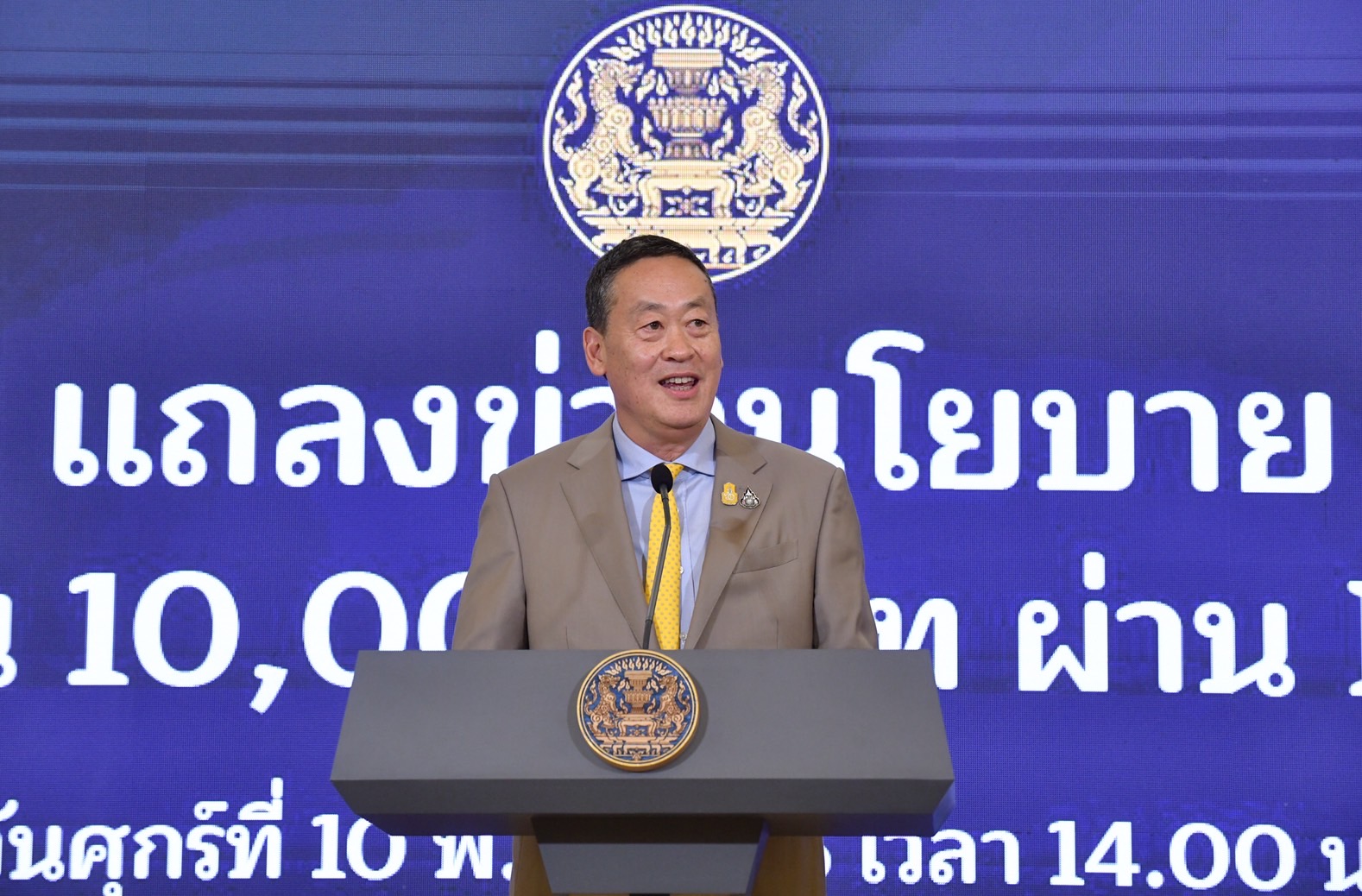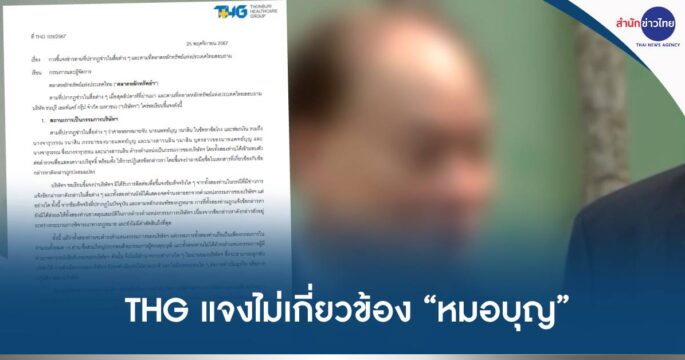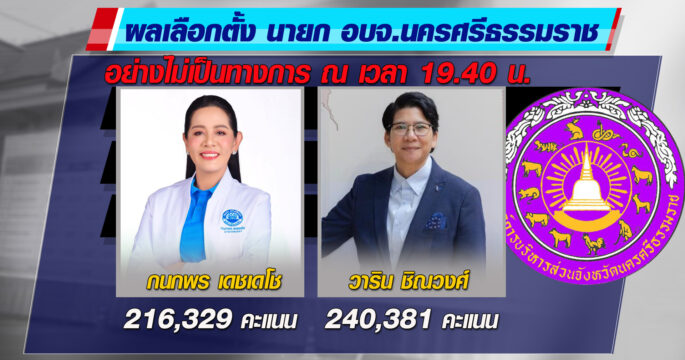BANGKOK, Nov 10 (TNA) – Thai citizens aged over 16 with a monthly income not exceeding 70,000 baht and deposits below 500,000 baht will qualify for the 10,000 baht Digital Wallet scheme, said Prime Minister and Finance Minister Srettha Thavisin.
The prime minister on Friday has outlined specific conditions for the digital handout scheme. This move signifies the government’s commitment to not just dream about the Digital Wallet initiative but to actualize it, he said.
The government aims to inject 600 billion baht into the economy, with 500 billion baht designated for the Digital Wallet initiative covering 50 million people, and 100 billion baht in the capability enhancement fund. However, final decisions on the project will require legal processes and the approval of relevant committees.
The government has actively sought opinions from the Bank of Thailand, the National Economic and Social Development Council, and other collaborating agencies to refine and tighten the conditions for the Digital Wallet scheme.
The scheme will be implemented in May 2024 and the validity will last for a six-month period from the first-time use. The new condition on the spending area is expanded to cover the district level of the recipients’ homes.
Recipients will be able to use the digital money to purchase food, beverages, and consumer goods only. They will not be usable for services, online purchases, alcohol, tobacco products, marijuana, cannabis-related products, or items derived from these substances.
Additionally, they cannot be used to buy gift cards, cash cards, gold, diamonds, pearls, or to pay off debts, tuition fees, or utility bills, including water, electricity, telephone charges, or to buy fuel and natural gas. Converting the digital wallet funds into cash or exchanging them in various markets will also not be permitted.
As for the types of businesses, purchases can be made at all stores without limitations. However, stores operating within the tax system and not registered for VAT, street vendors, or shops exclusively on digital payment applications can accept these transactions. But, they must be registered and compliant with the tax system to receive these payments. (TNA)












